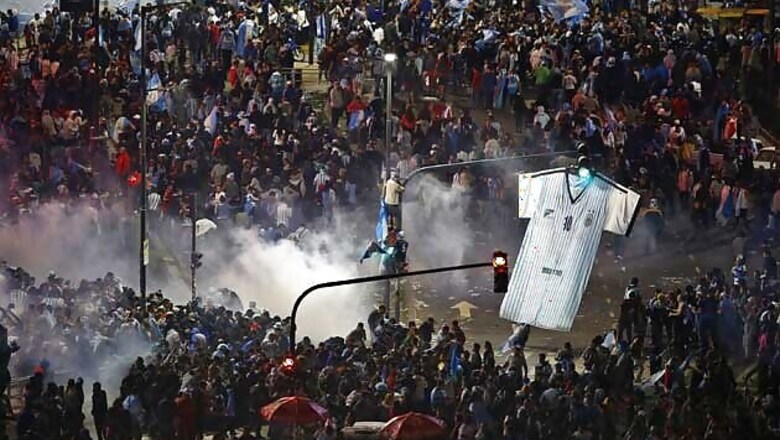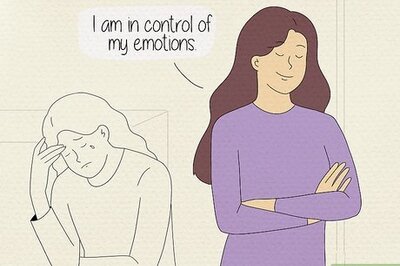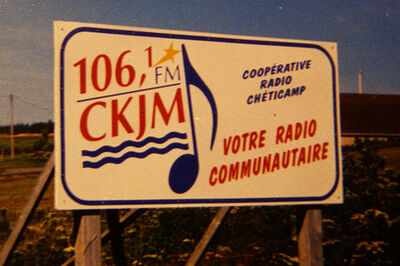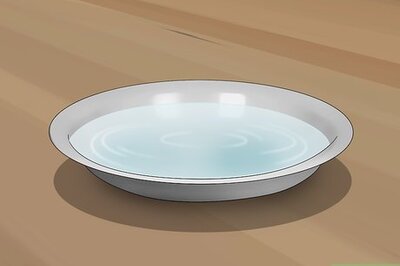
views
Buenos Aires: Argentines reacted with tears, cheers and violence after the dream of a third World Cup title slipped through their fingers on Sunday, as clashes between hooligans and police ended a massive street party.
Tens of thousands of people flocked to the Obelisk in Buenos Aires, the iconic monument where the country traditionally celebrates and rallies, waving the flag, setting off fireworks and singing the praises of national hero Lionel Messi and team.
Despite the 1-0 loss to Germany in the down-to-the-wire, extra-time match, young Argentines climbed onto traffic lights and bus stops, dancing and singing to the beat of drums.
But after several hours of partying, dozens of hardcore fans known as "barra bravas" started throwing rocks at riot police watching over the crowd, who responded by firing rubber bullets, tear gas and water cannon.
The clashes sent families with children scurrying for refuge in restaurants or hotel lobbies.
Most of the crowd dispersed as a haze of tear gas settled over the area, leaving just a few dozen fans who broke windows and set trash on fire, determined to provoke the police.
TV images showed looters carting off stolen items, including tables and chairs from a restaurant, as newscasters criticized police for just standing by.
Fifteen police were injured in the fray and some 40 people were arrested, media reports said.
- Bittersweet ending -
The clashes contrasted with the mostly celebratory reaction to the bittersweet end of the nation's World Cup campaign.
"It was still a good World Cup. Reaching the final against Germany isn't too bad. I'm proud of the team," said Leandro Paredes, a 27-year-old mason.
"We didn't manage to get revenge (for Argentina's loss to Germany in its last World Cup final in 1990), but I saw 11 warriors on the pitch during this final."
At 20 years old, Martin Ramirez was not yet born when Diego Maradona led Argentina to their last World Cup title in 1986.
He said Sunday's game was "tough."
"I thought I'd see us become world champions for the first time," he said.
When the final whistle blew, the 50,000 people watching on a jumbo screen in Buenos Aires's Plaza San Martin cheered for Messi and team - and found consolation in knowing they had at least bested arch-rivals and hosts Brazil, who finished in fourth place.
"Brazil, tell me how it feels to have your daddy in your house," they sang to their South American neighbors, the song that has been Argentina's anthem throughout this World Cup.
Others sang "I'm Argentine, go Argentina, every day I love you a little more."
- Missed chance for revenge -
Daniela Eula, a 21-year-old retail saleswoman, said she was "disappointed but not sad."
"They lost with dignity, not like the 4-0 in South Africa," she said - referring to another painful loss against Germany, in the 2010 quarter-finals. "They can hold their heads high."
The most disconsolate, mostly teenagers, sat on the sidewalk in shock, their eyes red with tears, or walked with their heads in their hands.
In a pizzeria transformed into a bratwurst-and-pretzel house for the match, the capital's German community gathered to watch their team win, buying up the bar's more than 100 liters of beer before halftime.
At the end of the match they drenched each other in beer, jumped on each other's shoulders and sang "Deutschland, Deutschland!"
German Ambassador Bernhard Graf von Waldersee, who was in the crowd, had just enough time to say it had been "a great game" before his security detail whisked him away from a growing crowd of furious Argentines.
"Sons of bitches!" a woman screamed at the top of her lungs as a brief scuffle broke out between Argentines and Germans, quickly broken up by police.
It remains to be seen what reception the team will get when they arrive home Monday morning, in the light of day and hours after Sunday's day-long party.
Despite their display of national pride after the match, the weight of disappointment was heavy.
Newspaper Clarin summed it up on its website: "The Argentine dream frustrated in extra time."




















Comments
0 comment